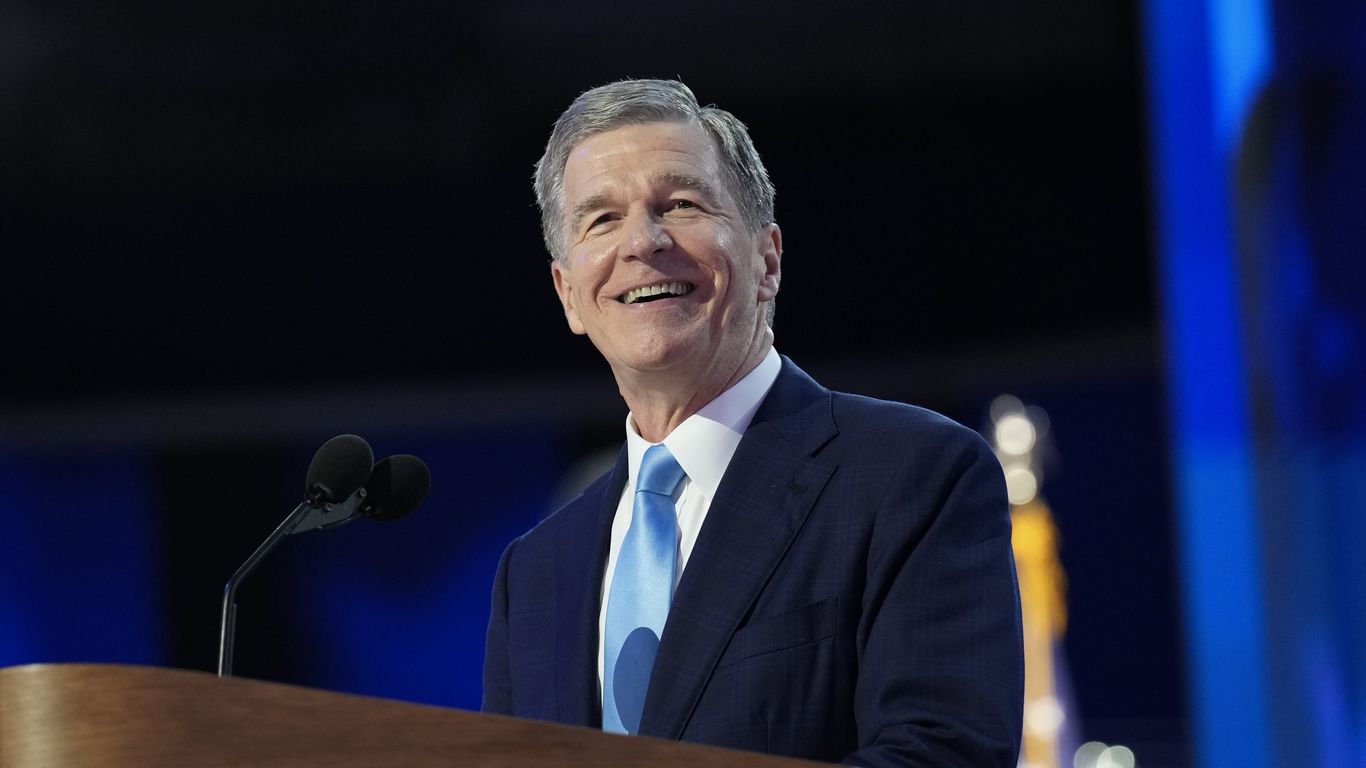Democratic Party Divided: The Lack of Support for Zohran Mamdani's Bid for New York Mayor
#democratic_party #zohran_mamdani #new_york_mayor #division #progressive

Introduction
In a recent article by The Washington Post, it was reported that Democratic leaders were being called out by Senator Chris Van Hollen for not fully supporting Zohran Mamdani's bid for New York mayor. According to Van Hollen, if the party wants to win elections, they need to get behind Mamdani's campaign. This is a strong statement that highlights the growing division within the Democratic party and the need for unity in order to achieve success.
Key Details
Zohran Mamdani is a progressive candidate running for mayor of New York, and his platform includes policies such as defunding the police and implementing universal healthcare. Despite his bold plans, Mamdani has not received the full backing of his own party, with some Democratic leaders remaining silent or even endorsing his opponent. This has caused frustration and disappointment among progressive voters, who feel that their voices are not being heard within the party.
Impact
The lack of support for Zohran Mamdani's campaign not only reflects the division within the Democratic party, but it also has the potential to harm the party's chances of winning elections. As Senator Van Hollen points out, if the party wants to appeal to a wider voter base, they need to embrace progressive candidates like Mamdani and his policies. By ignoring or opposing these voices, the party risks alienating a
About the People Mentioned
Zohran Mamdani
Zohran Kwame Mamdani is a New York State Assemblymember representing District 36, which includes Astoria and other Queens neighborhoods. He is notably the first South Asian man, the first Ugandan, and only the third Muslim to serve in the New York State Assembly. Mamdani is a democratic socialist focused on advocating for affordable housing, environmental justice, and equitable public services, aiming to improve the quality of life for working-class New Yorkers who face high rent burdens, pollution, and profiling[1][3]. Born in Uganda and raised in New York City, Mamdani graduated from Bowdoin College in 2014 with a degree in Africana studies. During college, he was politically active, cofounding a chapter of Students for Justice in Palestine and organizing a boycott of Israeli institutions. After college, he worked as a foreclosure prevention counselor in Queens and was involved in community organizing, experiences that motivated his entry into politics[3]. In 2020, Mamdani defeated a Democratic incumbent to win his Assembly seat and has since been re-elected twice. Among his key achievements, he co-created a pilot program for fare-free bus service in New York City and led a 15-day hunger strike in 2021 to protest predatory loans impacting taxi drivers, which resulted in $450 million in debt relief for them. He has also secured over $100 million in state funds to improve subway service and launched initiatives to combat environmental and social injustices in his district[2][3]. Currently, Mamdani is running for Mayor of New York City on a platform to lower the cost of living, improve public transit, and support working families, emphasizing government’s role in making life more affordable and dignified for all New Yorkers[2].
About the Organizations Mentioned
Democratic Party
## Overview of the Democratic Party The Democratic Party is the oldest continuing political party in the United States, with its roots tracing back to 1792 as the Democratic-Republican Party. Founded by Thomas Jefferson and James Madison, it initially advocated for a decentralized government and states' rights, opposing a strong central authority[1][2]. Over time, the party evolved, becoming more progressive and supportive of federal government intervention in social and economic affairs. ## History The modern Democratic Party was formally established in 1828, with Andrew Jackson's presidential campaign marking a significant turning point. Jackson's successful campaign expanded voting rights to all white men, regardless of land ownership, and further reduced federal power[3][6]. The party became deeply divided during the Civil War era, with Northern Democrats supporting limited slavery expansion and Southern Democrats advocating for its perpetuation[3][5]. Post-Civil War, the party became a stronghold for Southern whites who opposed Reconstruction[3]. ## Key Achievements The Democratic Party has played a pivotal role in shaping U.S. history: - **Civil Rights**: The party supported key civil rights legislation, including the Voting Rights Act and the Civil Rights Act of 1964. - **Social Programs**: Democrats have been instrumental in establishing and expanding social programs like Social Security, Medicare, and Medicaid. - **Economic Policies**: The party has often championed progressive economic policies, including labor rights and environmental protection. ## Current Status Today, the Democratic Party is a major force in U.S. politics, advocating for a strong federal government role in addressing social and economic issues. It emphasizes progressive policies on healthcare, climate change, and economic inequality[6]. ## Notable Aspects - **Symbolism**: The party's symbol, the donkey, originated from Andrew Jackson's opponents calling him a "jackass," which his supporters adopted as a mascot[6]. - **Diversity**: The party has become increasingly diverse, representing a wide range of socio-economic and















